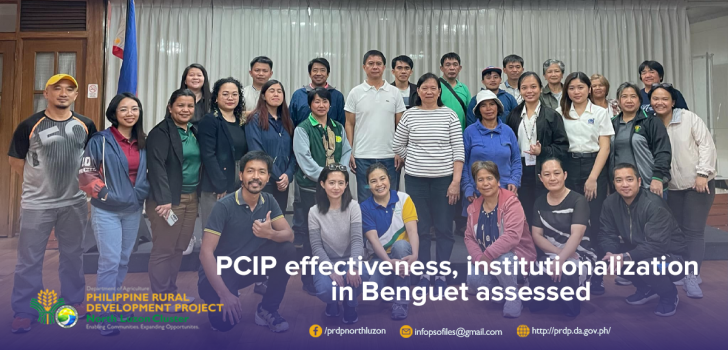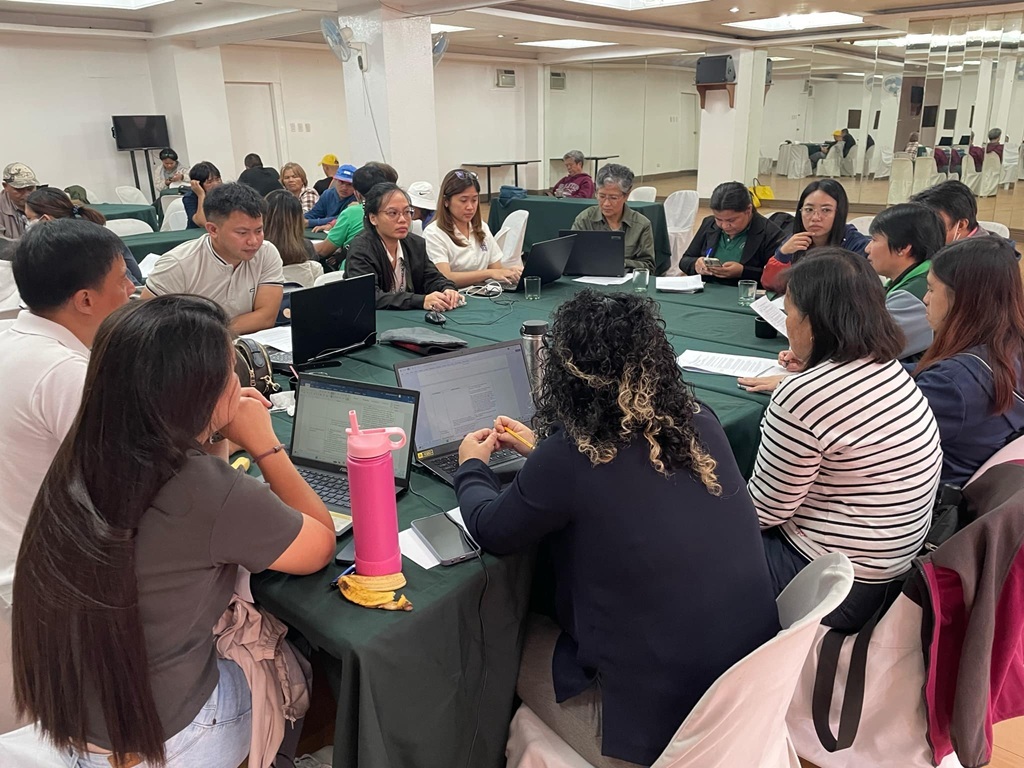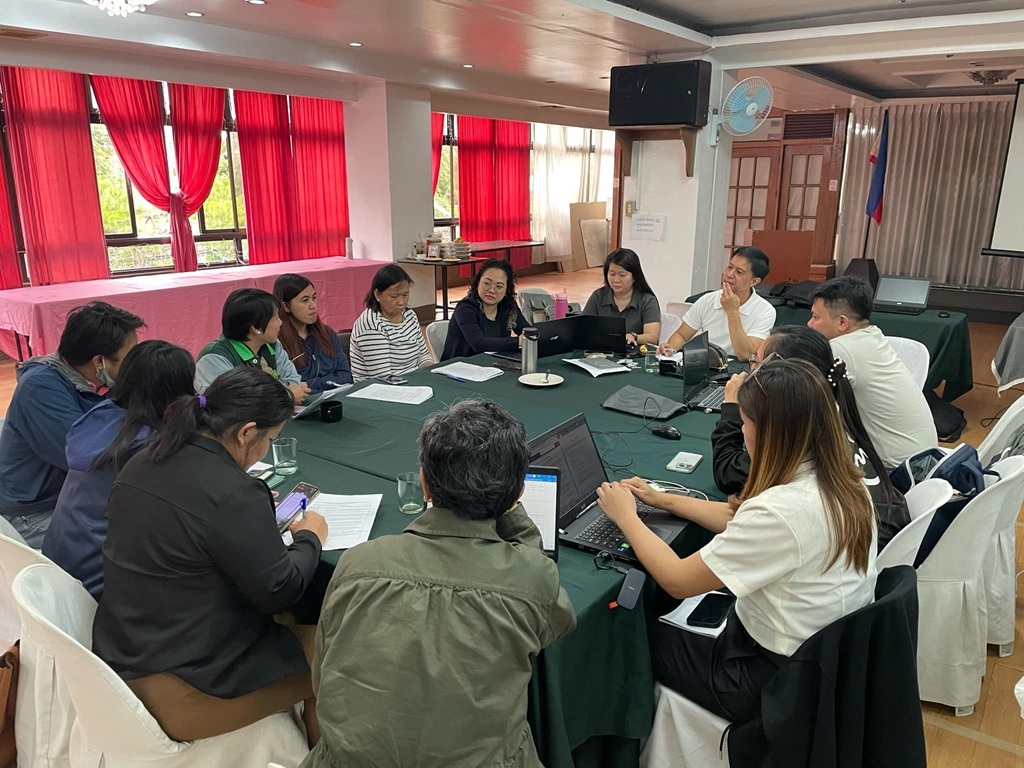
PCIP effectiveness, institutionalization in Benguet assessed
by Elvy T. Estacio, RPCOCAR InfoACE
Several stakeholders in Benguet gathered to evaluate the effectiveness and institutionalization of the province’s Provincial Commodity Investment Plan (PCIP) at the local government level, from December 11-13, 2024, in Baguio City.
The PCIP is designed to guide the planning of interventions that support agricultural value chains. It is a three-year plan that identifies investment opportunities and interventions, serving as the basis for funding subprojects under the DA-PRDP and other government agencies.
The activity convened key participants from various agencies, farmers’ cooperatives, and associations to share insights and experiences regarding the PCIP’s utility in identifying and implementing agri-fishery projects in the province.
Aside from representatives from the Provincial LGU of Benguet, participating government agencies included representatives from the regional offices of Department of Agrarian Reform, Bureau of Plant Industries, Department of Science and Technology, Department of Trade and Industry, Department of Public Works and Highways, National Irrigation Authority, Agricultural Training Institute, Fertilizer and Pesticide Authority, and BSU-Cordillera Consortium for Agriculture, Aquatic, and Resources Research and Development (CorCARRD). Several Farmers’ Cooperatives and Associations (FCAs) such as Bosigan Multipurpose Cooperative, SRT La Trinidad Cooperative of Benguet, Beckes-Bulala-Talete Ube Farmers Association, and Benguet Arabica Coffee Enterprise also participated in the activity.
Data collection was conducted through focus group discussions (FGDs) and key informant interviews (KIIs) which aimed to generate crucial data on the integration and institutionalization of the PCIP at the LGU level. This included the formulation process, implementation, and emerging benefits of using the tool.
Specifically, the guided discussions sought to determine the level of stakeholder participation in PCIP formulation and updating, as well as the facilitating and constraining factors affecting its utilization in the context of planning, programming, budgeting, and investment prioritization, both with and without the PCIP.
Additionally, the activity aimed to identify issues, gaps, and best practices in PCIP implementation and recommend strategies to maximize its effectiveness.
Some of the key issues raised during the assessment included the involvement of FCAs in the updating of the PCIP and for the other line agencies to be given copies of the PCIP, or pertinent information from the PCIP for them to know the needs of farmers that may be addressed through their respective mandates.
Findings from this assessment will be analyzed to formulate strategies for enhancing PCIP formulation and utilization.
Facilitated by DA-PRDP Regional Project Coordination Office (RPCO) Cordillera and Project Support Office (PSO) North Luzon, similar efforts were also held in the provinces of Kalinga and Mountain Province in 2023.###


